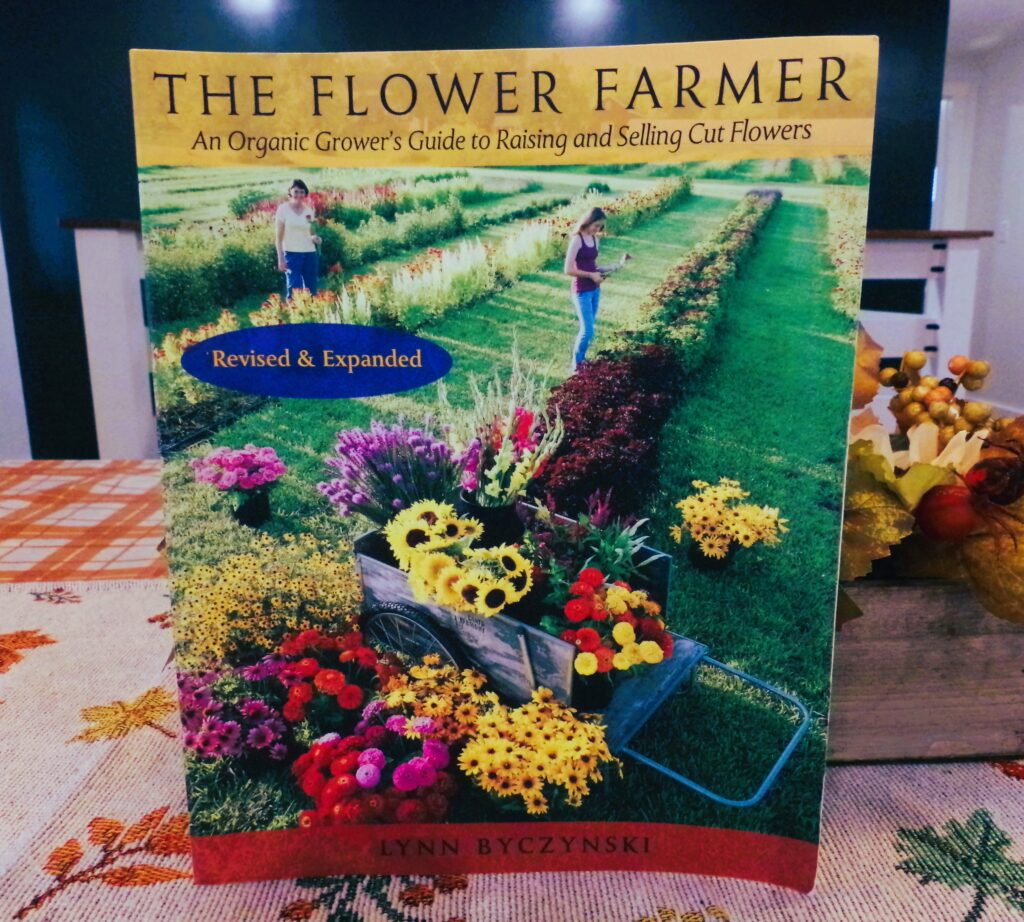If you are new to farming, or interested in the farm life, the volume of resources about the topic can be overwhelming. We have compiled a list of what we think are the best resources for beginning farmers. So, maybe you have a piece of land and are not really sure what to do with it to make it profitable. Maybe you just enjoy reading and are looking for good books to add to your home library. Books are a great way to increase your knowledge in anything of interest to you.
We are fortunate to live a world where the answers to almost anything are literally at our finger tips. You can have the answer to just about any question, almost as fast as you can type it into your smart phone. While I think this is a great thing, I also think we should not discard the “old fashioned” way of getting information which is with books. Technology cannot replace the feeling you get flipping the pages of a book or magazine looking for information. It’s hard to describe the feeling, but there is something powerful in holding a book in your hand. If you are lucky enough to have a book passed down to you by previous generations, that in itself is truly a great treasure.
In this post we have compiled a list of books that we believe are the best resources for beginning farmers. Farming is defined as “the activity or business of growing crops or livestock.” The goal of farming should be to enjoy the rural lifestyle of self sufficiency while also providing for your financial needs. In other words, farming can be another income stream that is more than just work. If done correctly, it is possible to quit your day job and rely on your farm as your only income to support your family. We have gone back to these books time and time again in our farming journey and we hope you find them useful as well.
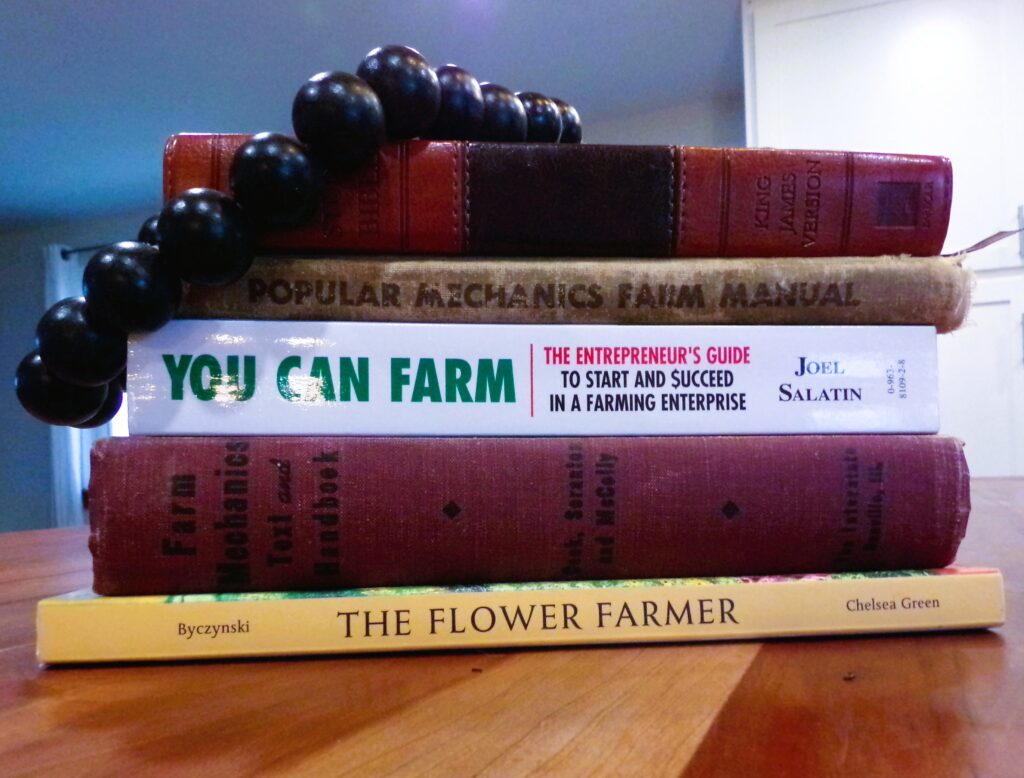
Disclaimer: This is not an affiliated post. We are not getting paid for referring these books. These are just books we own and have found helpful in our journey as farmers. We hope they are beneficial to you as well!
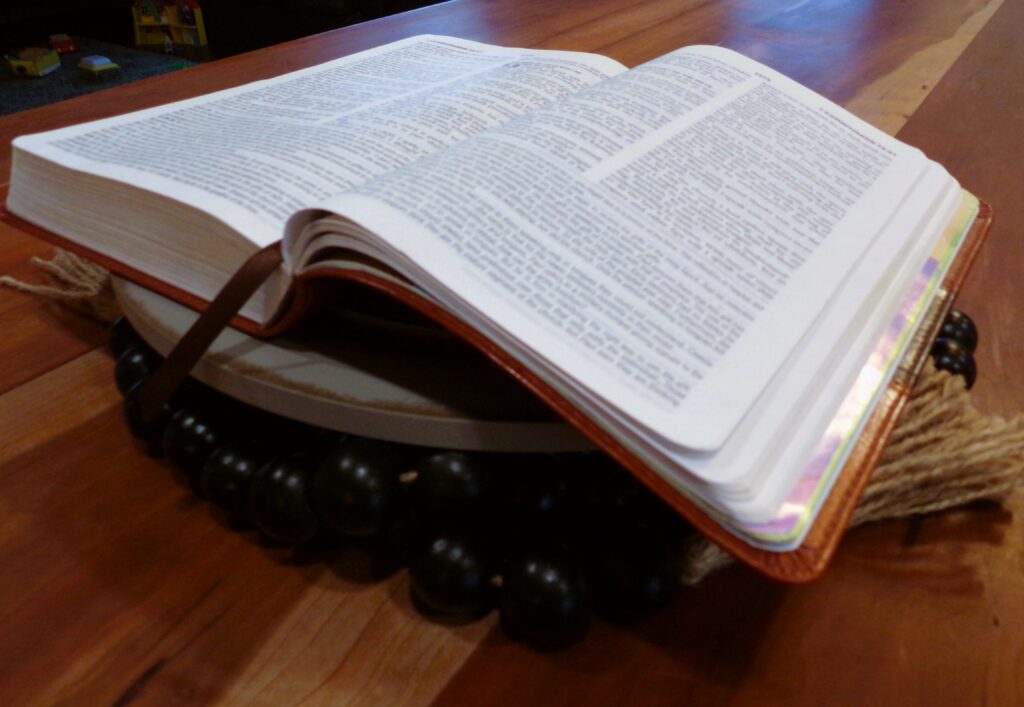
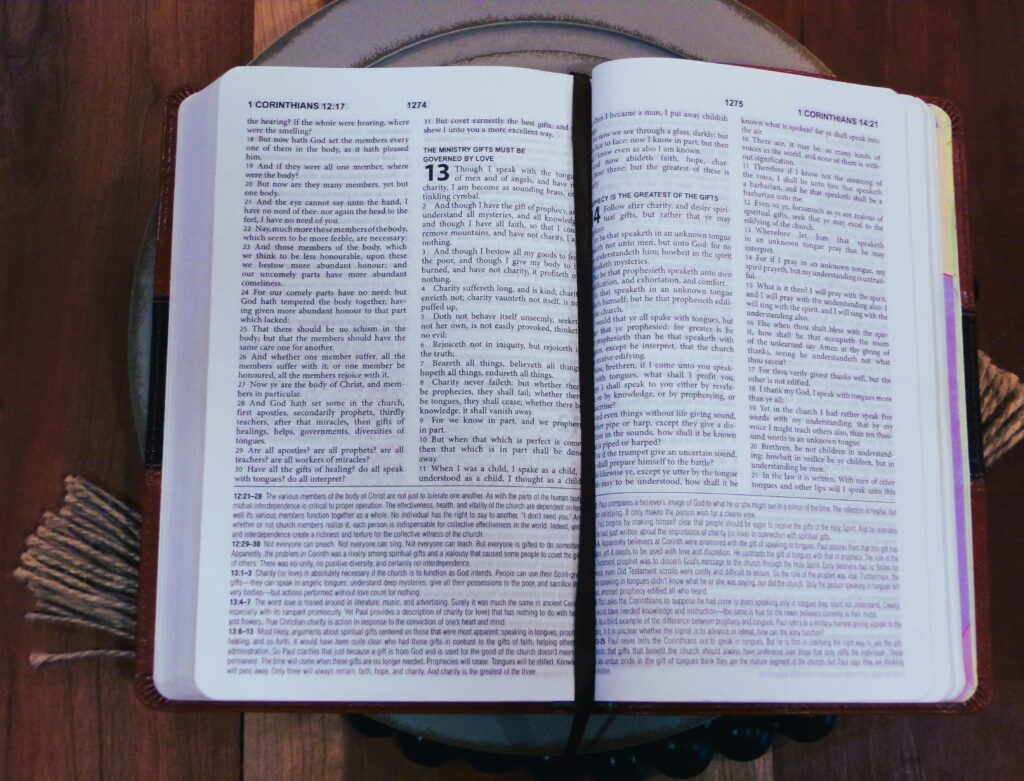
The Bible
Now you are probably thinking “wait a minute, I thought this post was about farming.” You’re right this post is about farming but I just could not create this list without including the Bible.
The Bible is the first and most important resource you will ever need. Whether or not you are interested in farming, the Bible should be your go to resource for life in general. As a farmer, however, understanding God’s love and Creation will change the way you farm. It will equip you with the knowledge that you are a steward of God’s Creation. As stewards, we are caretakers of the land and animals that were created for us by a loving Creator.
This realization is what creates true joy in the farming lifestyle, even in moments of failure. It’s how we can raise an animal with respect and dignity and harvest that animal with thankfulness. The Bible is truly a life manual.
I did not post a link for the Bible as there are many different places they can be purchased and many different translation options, but if you have any questions please leave a comment below.
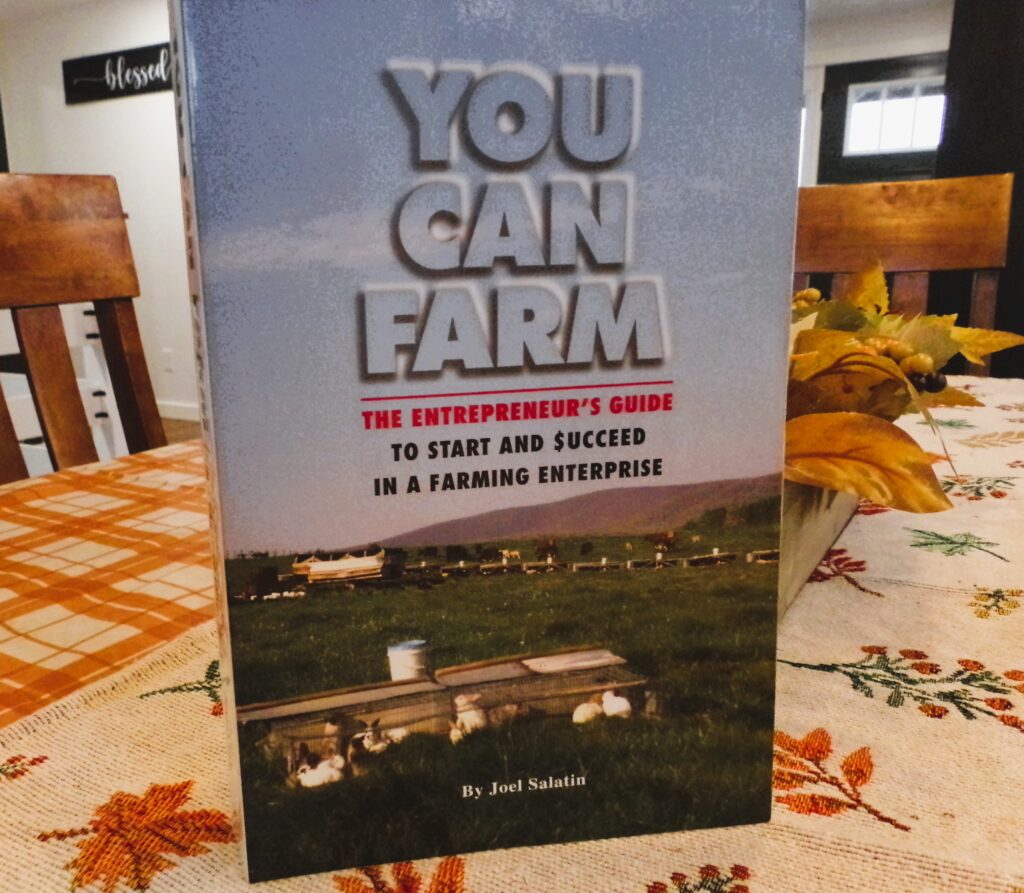
“You can Farm”
“You can Farm” by Joel Salatin is a great resource for beginning farmers. In this book Joel provides not only ideas for farming, but he also discusses the philosophy behind the farm lifestyle. One of the greatest benefits of this book, in my opinion, is his explanation of how to stack different enterprises to maximize efficiency and profit. It’s great for getting yourself in the right mindset.
When farming like everyone else wasn’t working for us, we began to look for a different approach. This search led us to Joel Salatin. “You can Farm” was one of the first books we bought. Putting his philosophies into practice has really changed how we farm, and ultimately, the success of our farm. We highly recommend this book, or really anything by Joel Salatin.
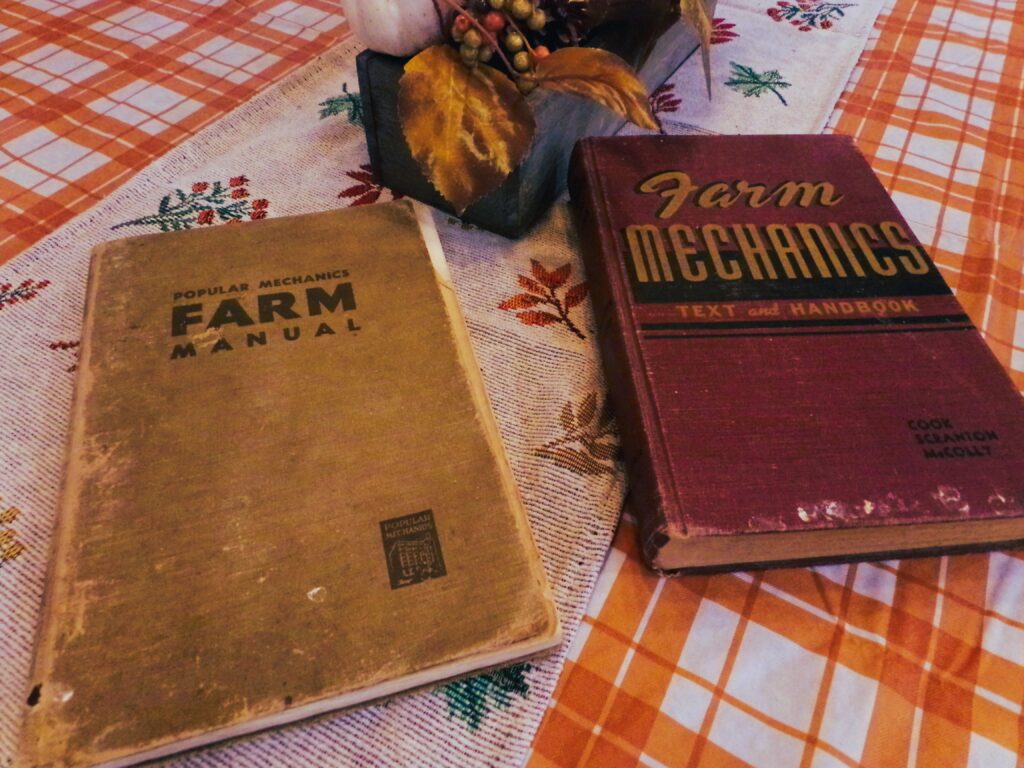
Farm Manual/Farm Mechanics
These books are great resources for how to build farm infrastructure. They may be old, but they emphasize self-reliance. If you need it for your farm, these books show you how to make it yourself with cheap, locally sourced materials. These are great for the recycle/upcycle type as well because they encourage you to make use of things that you may already have lying around your farm.
We are not necessarily recommending these specific titles but just older farm manual books that you can find. Of course books like these will not be something you can purchase new or on Amazon. Old book stores, relatives book shelves, or even sites like eBay would be a good place to look.
If it ain’t broke, don’t fix it
A lot of the principles that we are starting to see coming back around in farming today are in these types of books. Ideas that conventional farming left in the 1960’s and 1970’s. The “old fashioned” way of doing things may not be as bad as people once thought.
